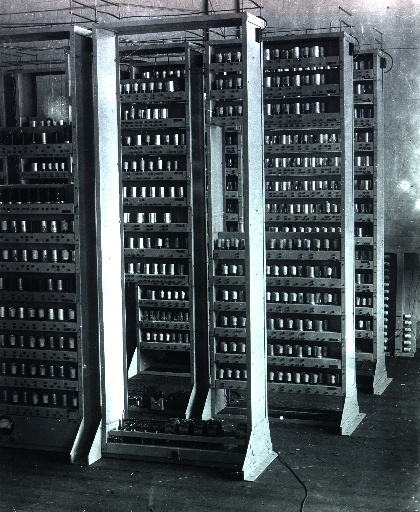 Scientists from Penn State's College of Information Sciences and Technology managed to create the first computer model predictive of human action. The program, named Soar, was able to foretell accurately the times 10 students needed to complete basic trouble-shooting tasks, such as identifying misfit components inside a circuitry.
Scientists from Penn State's College of Information Sciences and Technology managed to create the first computer model predictive of human action. The program, named Soar, was able to foretell accurately the times 10 students needed to complete basic trouble-shooting tasks, such as identifying misfit components inside a circuitry.
Naturally, after solving a few tests, the task became easier for humans, as they learned and evolved their abilities to identify and solve problems inside the circuits. The program also evolved and figured out that people would take less time to spot similar mistakes in similar circuits. Thus, Soar was able to predict the participants' times with a margin of 2 to 4 seconds.
In addition, in 8 out of 10 cases, it came extremely close to identifying the exact times the test subjects needed to complete the tasks. "The model does not merely accurately predict problem-solving time for the human participants; it also replicates the strategy that human participants use, and it learns at the same rate at which the participants learn,” explained IST and psychology associate professor, Frank Ritter.
Saturday, November 8, 2008
Computer Can Now Predict Learning Patterns
Posted by
|toekang.blog|
at
11:47 PM
![]()
Labels: Cool Stuff, IT
Subscribe to:
Post Comments (Atom)
No comments:
Post a Comment